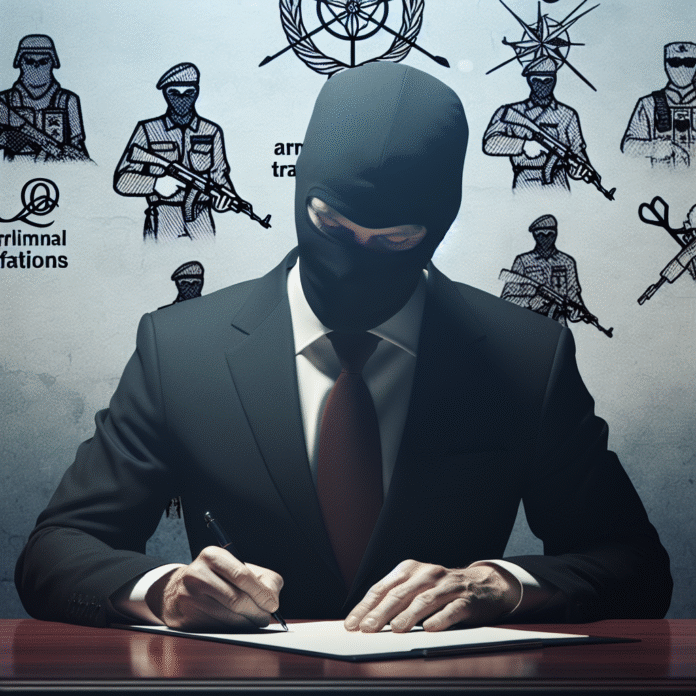President Approves Military Action Against Terrorist Drug Cartels
President Authorizes Military Action Against Drug Cartels Labeled as Terrorist Groups
Recent reports indicate that the President has granted approval for the military to engage directly with drug cartels classified as terrorist organizations. This significant decision is aimed at intensifying the government’s efforts to combat the rising tide of drug-related violence and trafficking that has plagued various regions.
Background on Drug Cartels and Their Impact
Drug cartels have long been a formidable challenge for law enforcement agencies across the globe, particularly in countries like Mexico, where powerful syndicates operate with relative impunity. These organizations are not only involved in the illegal drug trade but are also implicated in widespread violence, extortion, and corruption, contributing to instability in affected regions. By designating these cartels as terrorist organizations, the administration seeks to broaden the scope of military engagement in a bid to dismantle their operations more effectively.
Military Involvement and Strategies
The military’s involvement is expected to include intelligence-sharing, surveillance, and potentially direct action against cartel leaders and their operations. This strategy aims to disrupt supply chains and reduce the influence of cartels on local communities. Additionally, the military may collaborate with international partners to enhance the effectiveness of these operations, recognizing that drug trafficking is a transnational issue requiring a coordinated response.
Legal and Ethical Considerations
This decision to engage the military raises important legal and ethical questions. Critics have voiced concerns about the potential for civilian casualties and the implications of military operations on domestic soil. Ensuring that operations adhere to human rights standards and international law will be crucial in maintaining public support and legitimacy.
Broader Implications
The designation of drug cartels as terrorist organizations could have far-reaching consequences beyond immediate military action. It may lead to increased funding for anti-drug initiatives and enhanced cooperation with other nations grappling with similar issues. Additionally, this approach could open up avenues for more comprehensive policies addressing the root causes of drug trafficking, including poverty, lack of education, and inadequate law enforcement resources in affected areas.
Conclusion
As the situation evolves, the effectiveness of this military strategy will be closely monitored. The administration must balance aggressive action against drug cartels with the need to protect civilian lives and uphold the rule of law. By addressing the complexities of drug trafficking through both military and socio-economic strategies, there is hope for a more sustainable solution to the pervasive challenges posed by these criminal organizations.

